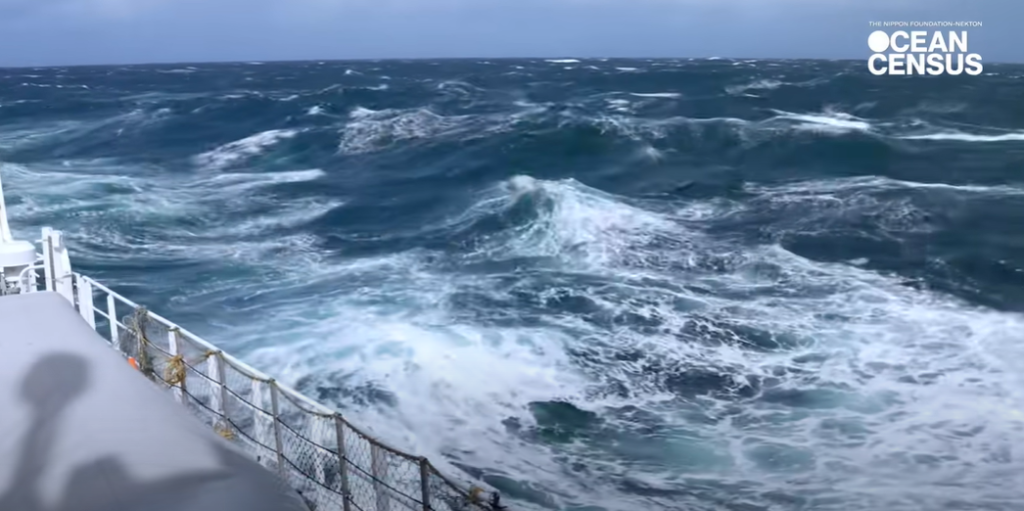Unlocking the Mysteries of the Deep Sea
Aotearoa’s oceans hold extraordinary biodiversity, much of which remains undiscovered. In an exciting breakthrough, marine scientists exploring the Bounty Trough, a vast undersea canyon off the coast of New Zealand, have identified over 100 new marine species.
Among the incredible finds are:
🐟 Never-before-seen deep-sea fish species
🦑 Bioluminescent creatures adapted to pitch-black waters
🌿 Unknown sponge and coral species that could be vital for marine ecosystems
This discovery reminds us of how little we truly know about the deep ocean and reinforces the importance of protecting these fragile ecosystems before they are lost to human activities.

Why Are These Discoveries Important?
The deep sea is often called the last frontier of exploration. We know more about the surface of the Moon than we do about Aotearoa’s deep ocean ecosystems. Discovering new species is not just about scientific curiosity—it has real-world implications:
✅ Protecting fragile ecosystems – Many deep-sea species play essential roles in marine food chains. If their habitats are damaged, entire ecosystems could collapse.
✅ Medical & pharmaceutical potential – Deep-sea organisms often produce unique compounds that could lead to new medicines and treatments.
✅ Understanding climate change – The deep ocean absorbs carbon dioxide, and studying its ecosystems can help us combat climate change.
Threats to Deep-Sea Ecosystems
Unfortunately, while scientists continue to uncover new species, the deep ocean is facing increasing threats from:
⚠️ Deep-Sea Mining: Extracting minerals from the ocean floor destroys delicate ecosystems before we even fully understand them.
⚠️ Climate Change: Rising ocean temperatures are affecting deep-sea currents, oxygen levels, and species survival.
⚠️ Pollution & Plastics: Microplastics have been found even in the deepest parts of the ocean, impacting marine life.
Without strong conservation efforts, these newly discovered species could be wiped out before we have a chance to study them.
Mātauranga Māori and Deep-Sea Knowledge
Mātauranga Māori has long recognised the interconnectedness of all life—from the highest mountains to the depths of the ocean. While modern science is just beginning to explore these deep-sea ecosystems, indigenous knowledge acknowledges that what happens in one part of the environment affects the whole system.
By combining Mātauranga Māori with deep-sea research, we can create a more holistic approach to protecting these species and their ecosystems.
How This Connects to Our Work ON The Tau ki Ākau Project
The Tau ki Ākau project has a focus is on marine health, biodiversity, and conservation. This discovery reinforces the importance of:
🌊 Expanding marine protected areas to include deep-sea ecosystems.
🔬 Supporting ocean research that combines science and indigenous knowledge.
🤝 Advocating for policies that prevent habitat destruction before it’s too late.
As more discoveries are made, we need to ask the critical question: What will we do to protect them?

Should Newly Discovered Species Be Automatically Protected?
Some conservationists argue that any newly discovered species should automatically receive protected status until scientists determine its population and risks. Others believe that regulations should only apply once a species is officially classified as threatened.
What do you think? Should newly discovered species automatically be protected? Let us know in the comments!
🔗 Source: Ocean Census – 100 New Ocean Species Discovered

